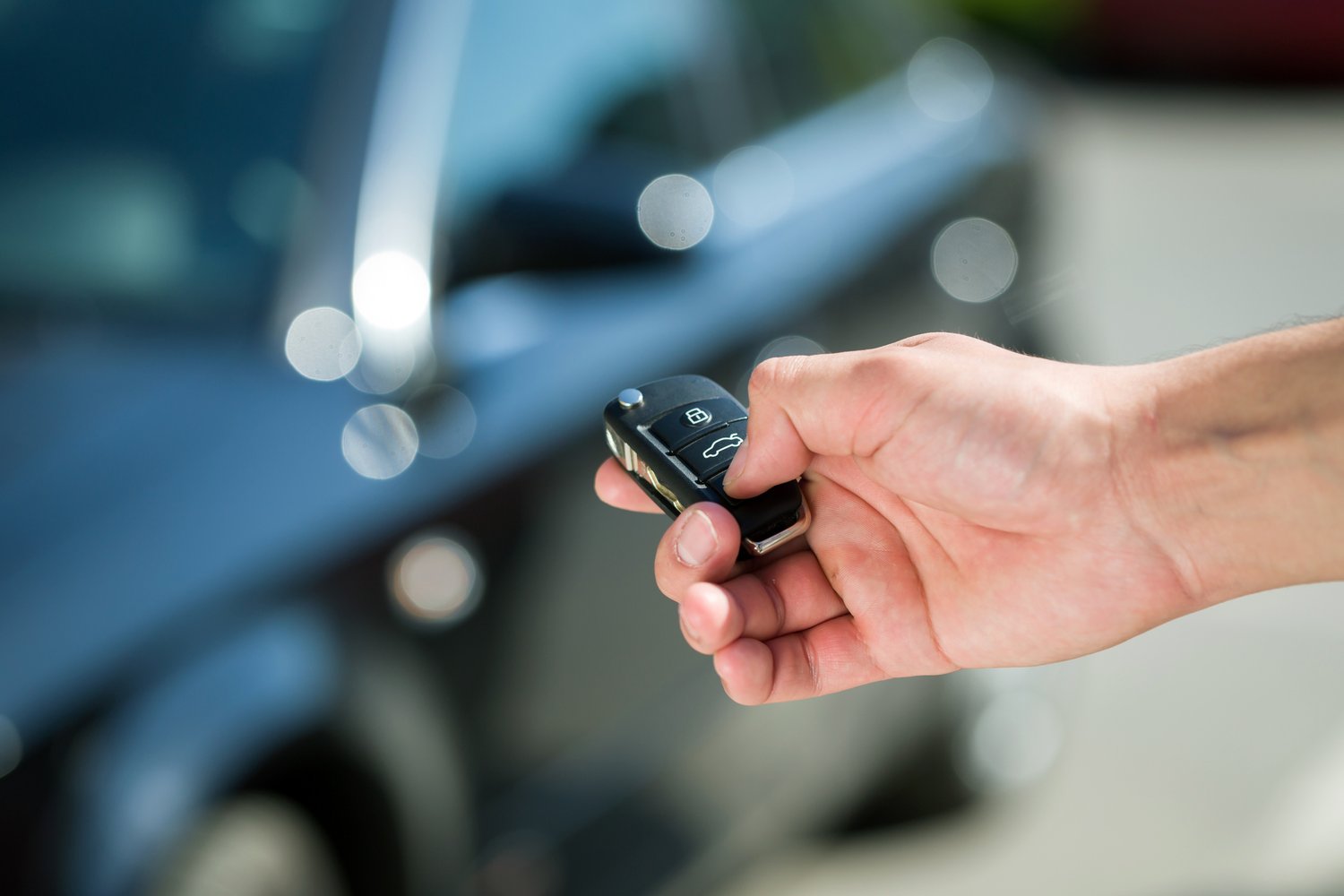When you hear the 125 decibel jet-engine level bleating of a car alarm, do you race to the phone to call the authorities, or do you instead fantasize about dropping a couch on the offending car, like that old Snickers commercial? Statistically speaking, we’d bet you’re more likely to (want to) go for the couch—one survey found that fewer than 1% of people reported that they would call the police if they heard an alarm, most likely because car alarms are infamous for going off at the slightest provocation. In related news that isn’t so great for car alarms, another study found that over 99% of the time, they’re false alarms—rumbling trucks, a too-close door opening, system malfunction, you name it.
But false alarms and lack of bystander action doesn’t necessarily mean car alarms are worthless—they’re theft deterrents, and if they do in fact deter would-be criminals, they’ve done their job. Those 99% of activated alarms can be false if thieves don’t bother with alarmed cars in the first place.
So, The Zebra wondered, what’s the real story?


